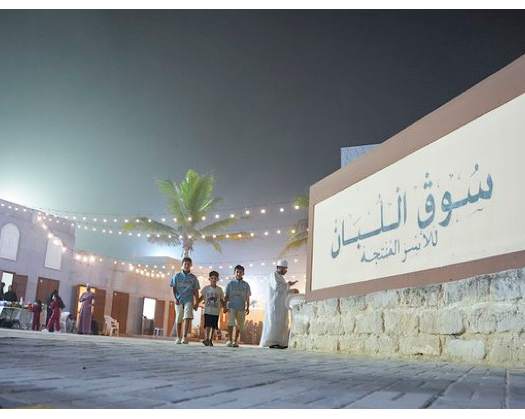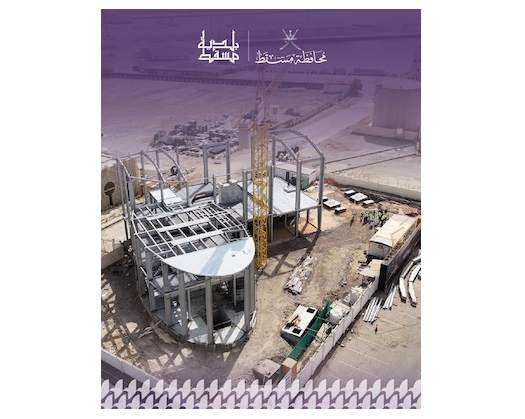New Delhi: Amid the ongoing Middle Eastern conflict and increasing crude oil prices, energy analysts believe that oil supply via the Strait of Hormuz is unlikely to be immediately impacted, though there are hazards if relations worsen.
Industry experts told ANI that the situation in the region remains tense following recent US strikes on Iran, but there is a general expectation that oil supply routes will remain open.
MK Surana, former chairman of Hindustan Petroleum Corporation Limited (HPCL), told ANI that India has done well to diversify its supply sources in recent years, reducing its reliance on the Straits of Hormuz and Middle Eastern supplies. Any interruption in supply from the Straits or the Middle East will certainly have an impact on global crude oil prices. As a result, pricing is a more issue for India than availability.
Surana also stated that, for the time being, there is no expectation of supply disruption via the Strait of Hormuz. Following US action on Sunday in Iran, the atmosphere is an uneasy calm awaiting an Iranian response. There is a general expectation and hope that the supply line via the Straits of Hormuz will not be obstructed, and that Iran will not take actions that would harm oil facilities in neighboring countries, he said.
However, despite the impending danger, crude oil prices are unlikely to exceed USD 80, with occasional spikes depending on news flow. However, the former HPCL Chairman stated that if either of the two scenarios plays out in reality, crude prices would increase dramatically.
Surana stated that, fundamentally, crude oil prices would range between USD 60 and 65 per barrel, based on supply and demand projections and excluding current geopolitical tensions.
Prominent energy specialist Narendra Taneja shared similar sentiments. He informed ANI that the Strait of Hormuz has never been closed or obstructed in history. Any attempt by Iran to close the Strait would constitute a significant escalation. The United States would most likely react militarily and prevent Iran from obstructing it. Major oil exporters, such as Saudi Arabia, Kuwait, and Iraq, would also object. Big importers like China and India would object.
Regarding the influence on India, Taneja remarked, "Almost 39% of our oil import tankers traverse the Strait of Hormuz. " The effect on India would be there, but our primary concern is the pricing, not the supply or availability. If Iran is permitted to succeed in obstructing the Strait, oil prices might reach USD 150 per barrel.
Madan Sabnavis, Chief Economist of Bank of Baroda, stated that a 10% rise may not have much of an effect on the economy if the fundamentals are strong. However, if it exceeds USD 100 for an extended period of time, it represents nearly a 25% increase over the base case estimate, which might have a significant influence on these variables.
He noted that the influence on GDP would be primarily determined by how inflation behaves and its impact on spending.
Ajay Srivastava of the Global Trade and Research Initiative (GTRI) emphasized India's susceptibility, stating, "India is especially vulnerable to a possible closure of the Strait of Hormuz. " Almost two-thirds of its crude oil and half of its LNG shipments take this route. Any shutdown might send oil prices soaring, significantly raising India's import bill, aggravating inflation, and straining the country's financial position.
The Strait, which accounts for about 25% of global oil shipments and substantial LNG volumes, is still open for the time being. The parliamentary vote is advisory, and the final decision lies with Iran's Supreme National Security Council, which is currently deliberating. While no closure has been implemented, the prospect of disruption grows with rising U. S. -Iran tensions, he added.
Meanwhile, Union Petroleum Minister Hardeep Singh Puri told ANI that India is prepared for such eventualities. He stated that they had diversified their supply sources. Out of India's total daily crude oil consumption of 5. 5 million barrels, 1. 5 to 2 million barrels transit the Straits of Hormuz. We import around 4 million barrels via other routes.
Puri also stated that the oil marketing businesses have adequate supplies. Most of them have stock for up to three weeks. One of them has a 25-day stock. Crude supply may be increased via alternative routes. We are in contact with all potential actors.
As Middle East tensions persist, India and international markets remain vigilant, hoping that the vital Strait of Hormuz remains open and uninterrupted to prevent a steep rise in crude oil prices.









